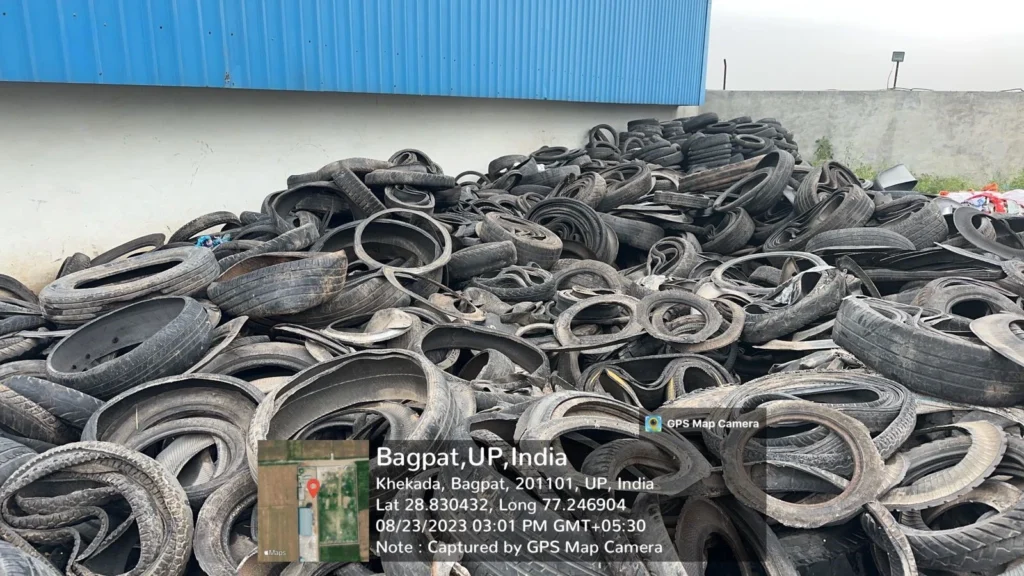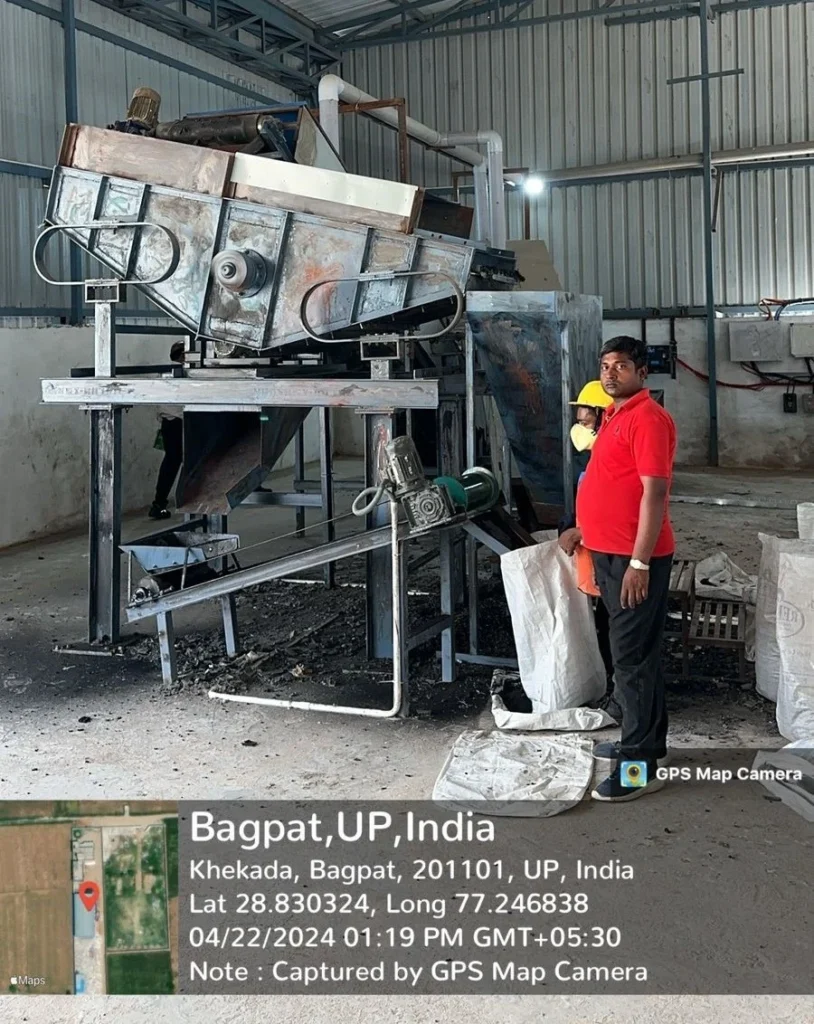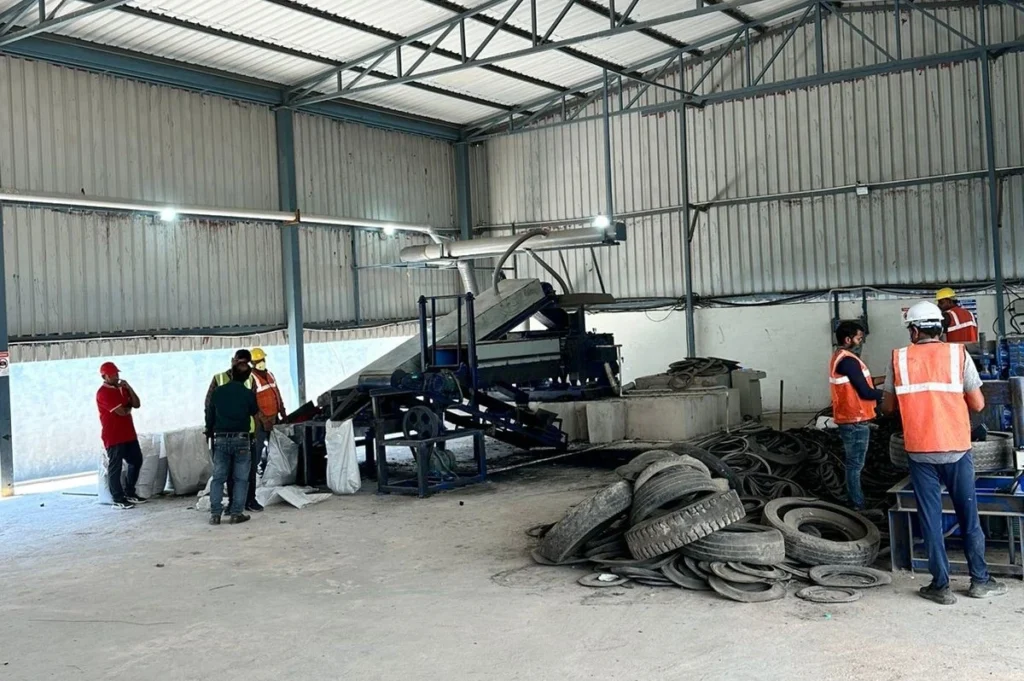Advent of the Tyre Waste EPR Rules in India
The Ministry of Environment, Forest and Climate Change brought in an amendment to the Hazardous and Other Wastes (Management and Transboundary Movement) Rules, 2016, on 21.07.2022, including the utilization and management of Waste Tyres in accordance with the provisions contained in Schedule IX of the said rules. These amended rules are also known as Hazardous and Other Wastes (Management and Transboundary Movement) Amendment Rules, 2022. Download a copy of the rules today!
The Central Pollution Control Board (CPCB) first introduced an Interim portal, wherein obligated entities i.e., Producers, Retreaders, Recyclers started getting themselves registered. CPCB & its offices made it a point to scrutinize, audit, verify all the available records, facilities, etc., to ensure approvals are granted only to those entities that are complying with the Government’s mandated regulations and defined SOPs. Eventually, the CPCB also came up with the final version of the Tyre Waste EPR Portal: https://www.eprtyrescpcb.in/.
The obligated parties have already started transacting and exchange EPR credits through this portal for their respective EPR obligations of FY 2022-2023 and FY 2023-2024. The MoEF&CC has directed all obligated parties to comply with the laws and complete their annual returns for FY 2023-2024 by or before 30.06.2024. Click here to download the Office Memorandum dtd 17.05.2024.

Scenario of Tyre Waste Management (Pre-EPR Era)
Over the years, it has been observed that there is minimal open burning of tyres in India.
Allied Waste Solutions Private Limited conducted a field survey across 30+ cities & towns during 2022, and the takeaway is as cited below:
“Majority of the tyre wastes generated within the geographies of India, are handled by the informal sector. The informal network aggregate, cut down tyres and supply to various industries, largely within their network. It is understood that nothing in this sector trickle down as unused/waste. Moreover, there are minimal possibilities of informal landfilling of tyre waste within the country. Large volumes of waste tyres are traded off to the informal pyrolysis and crumb manufacturers. Since there are multiple players in the reverse value chain, margins & handling expenses add to the sourcing cost of tyres in India.”

How has the market responded to the implementation of Tyre Waste EPR Rules?
The industry at large believes that EPR is necessary for the formal recycling and retreading ecosystem to thrive and to ensure safe management of hazardous Tyre waste through eligible, competent and CPCB approved parties only.
With the activation of the Tyre Waste EPR credit exchange portal, Tyre makers must accommodate costs for purchase of EPR credits for the retrospective FYs, i.e., during FY 2024-25, the Producers mandatorily have to purchase EPR credits for FY 2023-24 and FY 2024-25. This has led to dent in the Tyre producers’ overall profitability, leading to softening of their margins in FY 2024-25. Read more about this story.
However, the industry understands the fact that such policies on EPR are already implemented in other countries globally, as this is expected to drive Circular Economy in the longer run; this in turn is in-line with the Mission Lifestyle for Environment (LiFE), a Government of India Initiative.
At the same breadth, imposition of EPR rules on the Tyre industry is welcomed by all and sundry, for the following reasons:
- Boosts Recycling: Recyclers can now willingly invest more into their capacity building towards developing formal tyre waste recycling projects within the country. In parallel, the informal recyclers are motivated to get necessary authorizations from the regulators (State Pollution Control Board / Pollution Control Committees / Central Pollution Control Board). Thus, EPR has already been a driver for integration of the informal sector within the formal framework.
- Digitization of Waste Recycling Datapoints: The Government has innovated in the Waste Recycling space by introducing mechanisms of traceability and exchange of EPR credits through the designated EPR portal only. This also enables the Government and the Industry take stock of the recyclers operating in India formally to collect, channelize and recycle tyre waste in the country.
- Control on imports of Waste tyres: The rule has identified provisos for various parties who import tyre waste, process them and trade them off to various industries locally within the country. Going forward, no imports are allowed without EPR registration. Further any such entities that import tyre waste, is also liable to bear the EPR costs for equivalent volumes.
- Incentives for the Informal sector / Waste pickers: With the implementation of the EPR rules in the country, the waste management industry has witnessed a surge in the purchase of waste tyres. Furthermore, the informal waste clusters cannot legally operate informal tyre waste dismantling centres / informal recycling set-ups, as there are hefty penalties (Environment compensation) for non-compliances. Nowadays, many such informal waste aggregators / informal waste clusters are inclined to sell their tyre scrap directly to the approved/authorised recyclers. Consequently, EPR incentives are being directly passed to these waste pickers / waste aggregators by the Recyclers.
CPCB has directed tyre makers to purchase EPR credits. Read more about this story
Leading tyre makers / producers like Michelin, MRF, Bridgestone, Continental and others have visited the in-house recycling facilities of Allied Waste Solutions located in Uttar Pradesh, duly verified their recycling operations, and allocated EPR targets to Allied Waste Solutions and/or its recycler(s). EPR credit volumes in lakhs of tonnes have already been purchased by Producers from Allied Waste Solutions’ in-house Tyre Waste Recyclers and other authorised Tyre Waste Recycling companies.

In case of any queries or for business associations, please call us on +91-120-699-3119
(Mon – Fri , 10 AM – 6 PM), or write to info@alliedwastesolutions.com.
